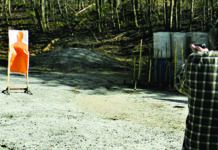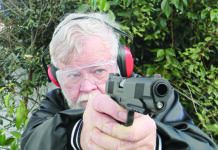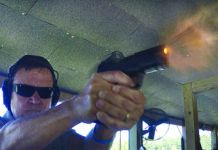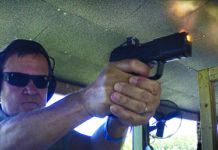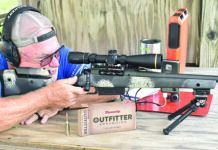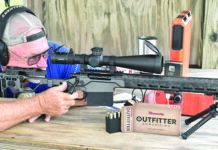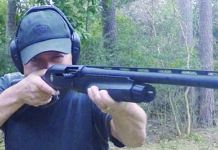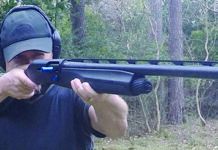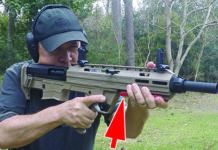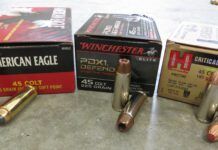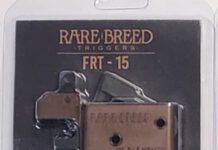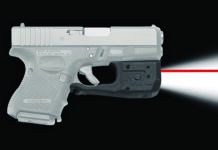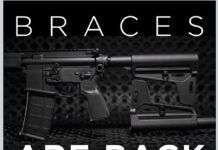
The U.S. House of Representatives has passed H.R. 2810, the National Defense Authorization Act (NDAA) for Fiscal Year 2018. Included in the bill is a provision that would make U.S. Army surplus 1911 45 ACP pistols available to the American public through the Civilian Marksmanship program (CMP), according to an NRA release.
In November 2015, then-President Obama signed the NDAA for Fiscal Year 2016 into law with language that authorized the Secretary of Defense to transfer 1911s no longer in service to the CMP for public sale. That language made the transfers subject to the Secretary’s discretion and capped them at 10,000 per year. Unsurprisingly, no actual transfers were made under the program while Obama remained in the White House.
This year’s language, however, would effectively make the transfers mandatory and would remove the yearly cap. Currently, the military has some 100,000 excess 1911s sitting in storage at taxpayer expense. Transfer of these historically-significant firearms would ease a burden on the government’s heavily indebted balance sheet and help preserve important artifacts from the era when the U.S. military defended Western Civilization from worldwide fascism and aggressive Communist expansion.
The CMP’s sales of 1911s would be treated as other retail sales under the federal Gun Control Act, including the attendant background checks and point of sale record keeping. The design of the pistols dates back to the late 19th century, and they come equipped with a seven-round magazine.
Sweet, Sweet Justice: Three University of Texas at Austin professors lost a lawsuit claiming that letting people carry firearms on their campus would have a chilling effect on speech. The suit was B.S., which to an Texas Aggie like me means “Bevo Stuff,” which is the same thing as the more common meaning.
District Judge Lee Yeakel dismissed the suit, claiming the professors could present “no concrete evidence to substantiate their fears” and that their fears rest on “mere conjecture.” The litigants were Professors Jennifer Lynn Glass (sociology), Lisa Moore (English), and Mia Carter (English).
One of the arguments was that the “possibility of the presence of concealed weapons in a classroom impedes my and other professors’ ability to create a daring, intellectually active, mutually supportive, and engaged community of thinkers.” I can’t tell from that sentence structure whether that was an English major who wrote it, or a sociology major, or a lawyer.
Since August 2016, permitted folks like yours truly have been able to concealed carry in campus buildings within reasonable guidelines. Those guidelines vary from school to school. At UT Austin, guns must stay out of sight, and individuals professors can choose to make “gun-free zones” in their offices, provided they post their rules clearly.


